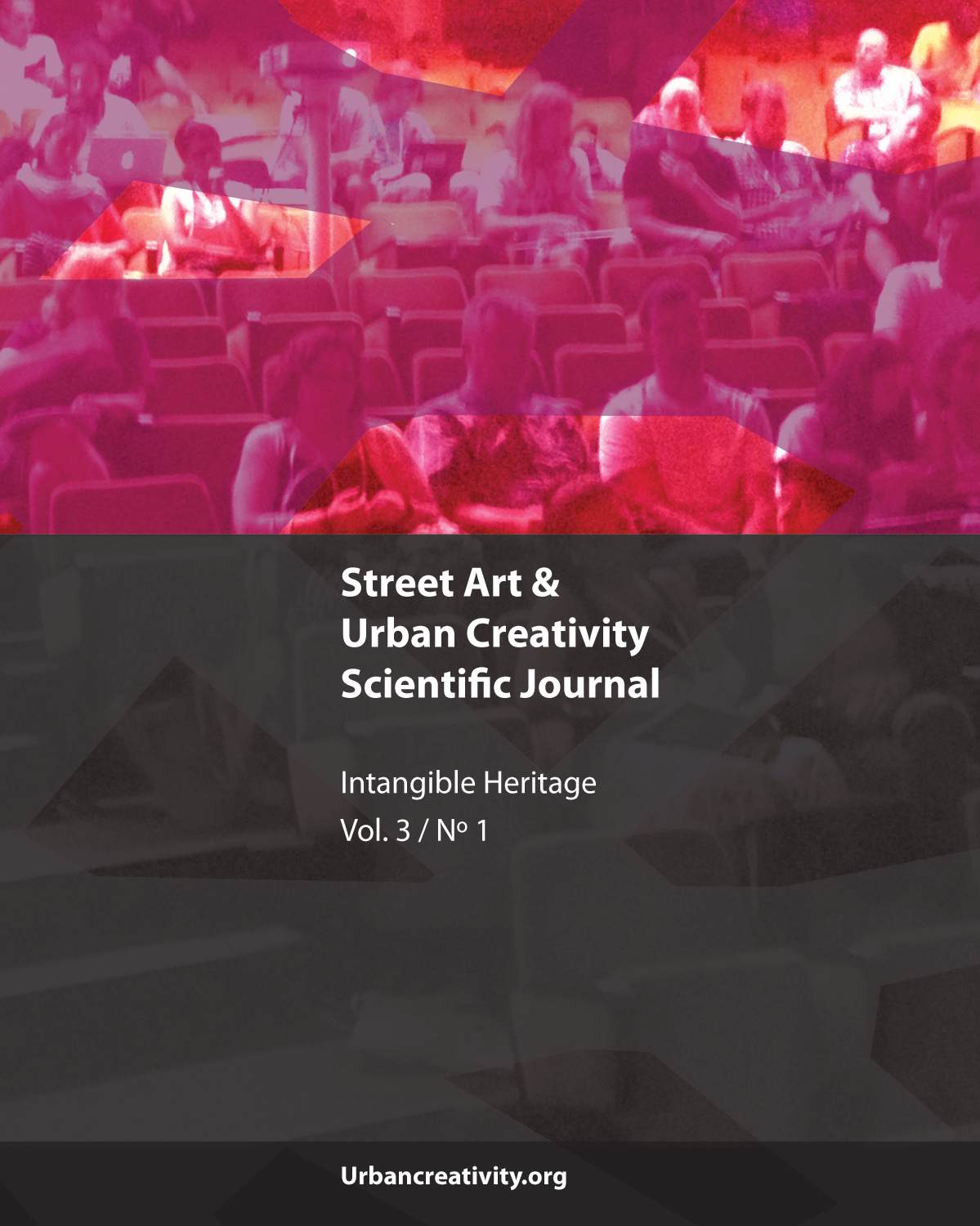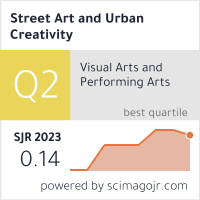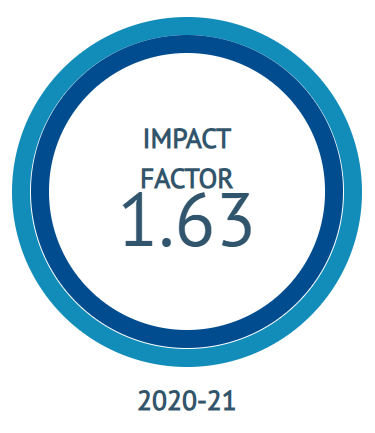Negotiating the tangible and the intangible:
A case for street art festivals
DOI:
https://doi.org/10.25765/sauc.v3i1.59Palabras clave:
Street Art Festivals, Street Art World, Institutional Theory, Intangible, New MediaResumen
Street art in the past decade or so has witnessed development in the form of the street art festivals that have sprung up across the globe. These festivals bring artists, street art enthusiasts, art historians, and the public together in the celebration and creation of street art. Practicing art in this format can arguably be seen as replacing the art institutions that often attempt to represent and commercially engage with this art, thus proving to be antithetical to its systems. Street art is characterised by an inherent contradiction that lies within it – while on one hand it is tangible due to its unregulated availability to people for aesthetic experience, both visually and physically, it is also intangible due to its ephemerality and unstructured manner of recording history. This article makes a case for street art festivals as representation of what may be called a ‘Street art world,’ that allows for documentation and reflection of the art movement that began in the late 1960s and the 1970s.
Descargas
Estadísticas globales ℹ️
|
170
Visualizaciones
|
46
Descargas
|
|
216
Total
|
|
Descargas
Publicado
Cómo citar
Número
Sección
Licencia
Los autores/as que publiquen en esta revista aceptan las siguientes condiciones:
- Los autores/as conservan los derechos de autor.
- Los autores/as ceden a la revista el derecho de la primera publicación. La revista también posee los derechos de edición.
- Todos los contenidos publicados se regulan mediante una Licencia Atribución/Reconocimiento-SinDerivados 4.0 Internacional. Acceda a la versión informativa y texto legal de la licencia. En virtud de ello, se permite a terceros utilizar lo publicado siempre que mencionen la autoría del trabajo y a la primera publicación en esta revista. Si transforma el material, no podrá distribuir el trabajo modificado.
- Los autores/as pueden realizar otros acuerdos contractuales independientes y adicionales para la distribución no exclusiva de la versión del artículo publicado en esta revista (p. ej., incluirlo en un repositorio institucional o publicarlo en un libro) siempre que indiquen claramente que el trabajo se publicó por primera vez en esta revista.
- Se permite y recomienda a los autores/as a publicar su trabajo en Internet (por ejemplo en páginas institucionales o personales), una vez publicado en la revista y citando a la misma ya que puede conducir a intercambios productivos y a una mayor y más rápida difusión del trabajo publicado (vea The Effect of Open Access).













